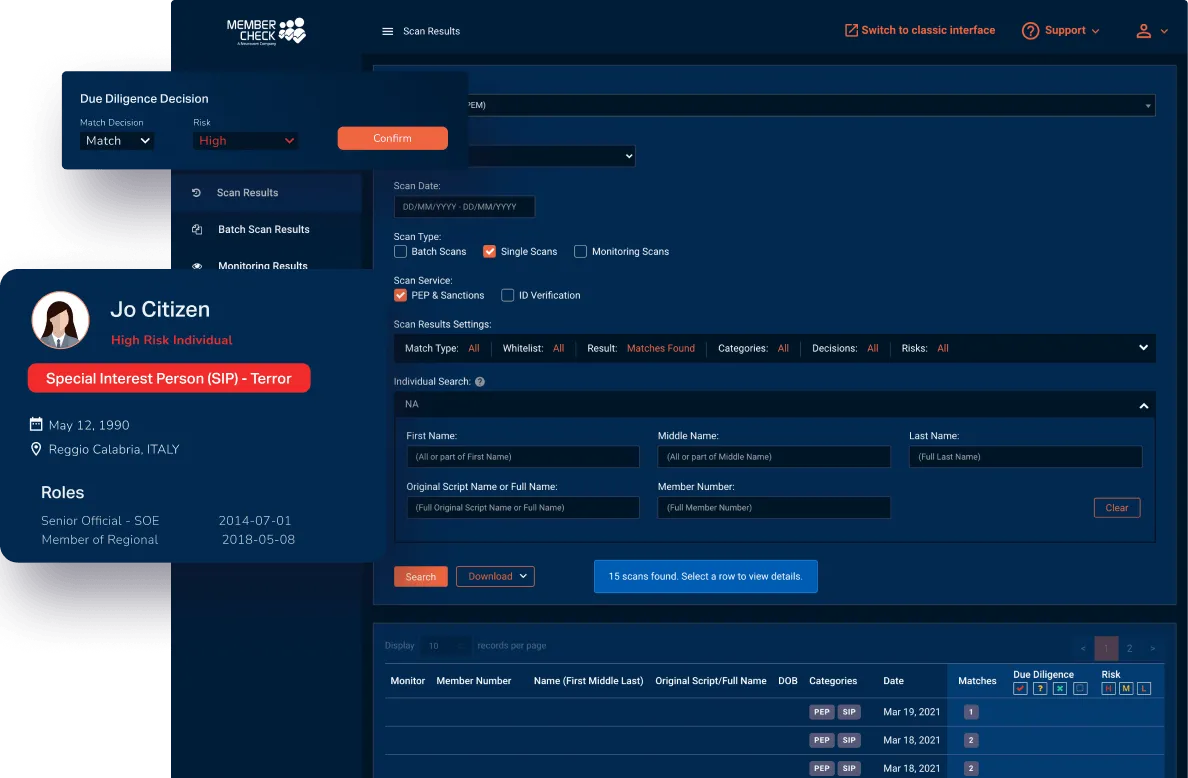

AML/CFT Supervisors in Greece

The Bank of Greece is the authority responsible for supervisory compliance with the legal and regulatory framework on the prevention and suppression of money laundering and terrorism (AML/CFT) and the financing of proliferation of weapons of mass destruction, by the institutions under its supervision.
As part of its supervisory role, the Bank of Greece monitors supervised institutions compliance with their AML/CFT obligations and assesses the adequacy and the effectiveness of their AML/CFT procedures.
In terms of criminal enforcement, this lies with the prosecutor's office. All enforcement agencies, which includes the following:
The Hellenic Financial Intelligence Unit (FIU)
The Financial Economic Crime Unit (FECU)
The Capital Market Commission (CMC)
forward their reports with findings and gathered information of suspicious activities to theprosecutor's office.
The enforcement and suppression of obliged institutions and persons is conducted through the Greek government entities and quasi-government entities which are competent in their respective field. The banking, financial institutions and insurance institutions are supervised by the Bank of Greece. The corporations listed in the stock market are regulated by the competent department of the relevant ministry. The lawyers and notaries are supervised by the Ministry of Justice.
How to comply with AML obligations in Greece?
The relevant AML/CFT legislation is Law 4557/2018. This is the main law against money laundering in Greece.
The following financial institutions are subject to AML requirements:
Credit institutions, financial institutions, venture capital companies, companies providing business capital, chartered accountants, audit firms, independent accountants and private auditors, tax consultants and tax consulting firms,real estate agents and related firms, casino enterprises, auction houses,dealers in high-value goods, auctioneers, pawnbrokers, notaries and lawyers.
As a reporting entity in Greece, you are required to comply with the following:
Implement AML compliance programs and follow the guidelines and regulations issued by the competentsupervising authorities
Follow the customer due diligence requirements as prescribed by Law 4557/2018
Screen against Office of Foreign Assets Control (OFAC) and other government lists
Record keeping requirements
In principle, the due diligence requirements apply when the covered institution enters into business with the client and carries out an occasional transaction that amounts to 15,000 EUR or more, or in cases where the transaction constitutes a transfer of funds exceeding 1,000 EUR.
What are my AML/CFT Reporting obligations?
Suspicious transactions must be reported immediately to the Hellenic FIU along with allrelevant information to be requested by the FIU. Auditors and accountants are provided with specific guidelines to report any transaction that causes any suspicion of being related to a criminal act.
How can MemberCheck Help?
Our clients are provided with a secure and simple solution in regard to scanning for politically exposed or high-risk individuals, as well as checking names against sanction, regulatory, law enforcement, and other official lists.
Use our sophisticated scan filters and due diligence workflow to minimise the amount of time you spend sorting through, false matches. Scan results and reporting sections allow you to access customer details, whenever and wherever required, as well as download reports, to customise for further investigation or to provide evidence of your AML program compliance for auditing purposes.









* This page is intended as general information only and should not be relied on as the sole source of information for your AML obligations and AML program. Please visit your local regulatory authority sites for the latest relevant and full information.


























